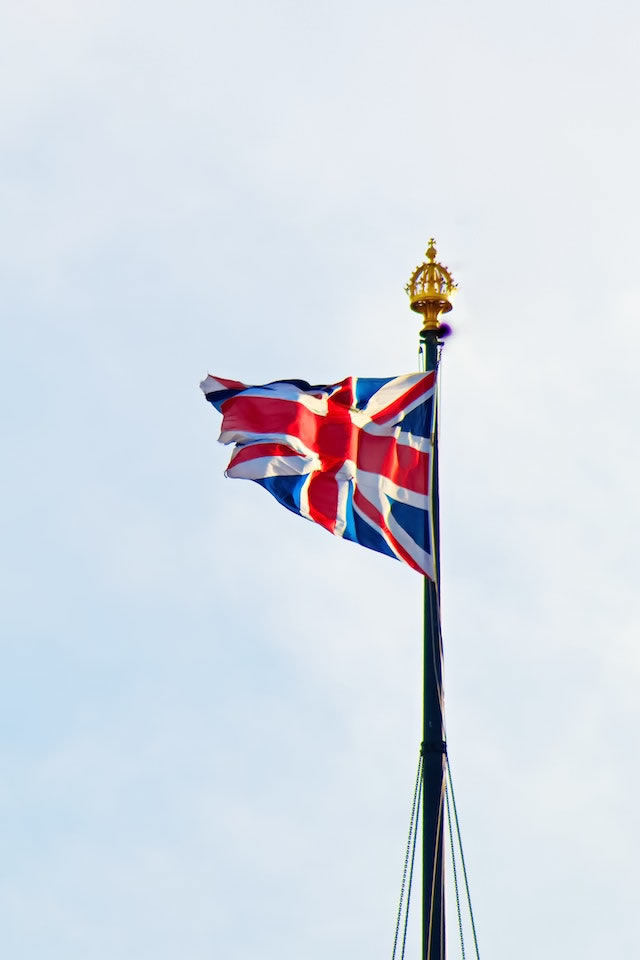Kings, Coronets, and Accounting
If, like me, you are into history and like a bit of pageantry, with added cake and fizz, this May’s recent Coronation was an intriguing watch. I felt there’s still a role for this curious system of retaining an unelected head of state, here, as well as an elected Prime Minister (or, more accurately, an elected government).
Why? On the conceptual grounds that an a-political figurehead’s existence, trailing historical longevity, so easily flags to us in visual form a vital difference: between the wider nation-state as an ongoing entity, and the often-narrower interests of its day-to-day political leadership – ie our governments.
So what? Because the interests of the nation-state, and of those in a government, can sometimes diverge; and governments, especially those going off the boil, tend to want to fudge or hide that point from us. A President might fill the role but would either have to be elected one – or be appointed somehow – which risks functioning as a largely political role itself.
Politically-elected leaders going off the national rails, tend to want to hang on in there well past their own usefulness to their nation, ie the rest of us. Historically, that has been true of some monarchs too, of course, but unlike Prime Ministers, UK monarchs no longer wield any hard political power.
Ironically that might actually make this a-political monarchy more useful to us now that we are post-Brexit (and trying to go it alone) in still providing its ‘outward and visible’ reminder that the politicians who do hold power, can go off-piste and may forget the collective national interest.
Retaining an a-political monarch to whom, in the UK’s case, the armed forces swear their allegiance, and not to the Prime Minister of the moment nor their whims, may provide a safety net that never needs to be deployed simply because it is there. Who knows – if we hang onto what we’ve got, that allegiance part may deter some future UK political leader from risking going ‘full-coup’ just to get his or her own narrow way.
For now, it’s true that as voters we can shed our active politicians through the ballot box every few years – or their own teams may ditch a leader in hopes of retaining or regaining power as a party, as we have also witnessed.
It’s also true that a monarch’s conceptual value (as visible reminder of the difference between a nation’s wellbeing and the narrower interests of political leaders) is not enough to keep the monarchy show on the road. At day-to-day level, monarchy has to be seen as ‘worth it’ in more tangible ways – hence today’s emphasis on slimmed-down group of working Royals, efficiency, and service – or it becomes easier to shrug aside, and forgo the value of any symbolic reminder.
Past Royals knew that being seen actively ‘in post’, mattered to the nation they headlined – e.g Elizabeth I’s progresses around her country – and Queen Victoria nearly unseated herself by turning personal mourning into years of hiding from public view, until the historical penny dropped.
Philosophically, republican and presidential aims in distant lands only linked to the British monarchy by relatively recent history, have a point. But in the UK itself, while we have our thousand years old symbol in situ where it arose and has kept evolving, it makes sense to evaluate carefully its modern value and conceptual role, to us, and post-Brexit (and which we have perhaps not factored in yet).
Meanwhile, a monarchy’s role has still got to be seen to be cost-effective in the practical world. Three decades ago, as a working financial journalist I was tasked by an editor to (try to) work out how much money, including tourist and visitor spending brought in nationwide, that this monarchy attracted into the UK economy versus what the taxpayers provided it with.
The answers that came in back then from all the organisations that I contacted for figures and estimates from their various fields of operation, totted up to a net overall gain to the UK economy from having a monarch marinated in history as its figurehead – not a net cost. It was an approximation, of course; but an annual, up-to-date assessment of the overall ‘monarchy effect’ on the economy’s balance sheet might deliver food for thought, and interesting reading, going forward.
Talking of reading matter, on a personal note I’m looking forward to a second edition of my novel Felix Unbound (coming soon!); and keen to tuck into a debut short story collection just out, Ultramarine, by Lucy Weldon.

